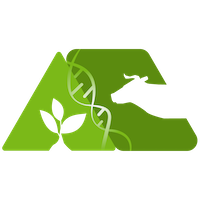Programme of food production and community organisation
census of agricultural plots assisted by University of the Republic and Montevideo council urban agriculture programmes
DOI:
https://doi.org/10.31285/AGRO.10.944Keywords:
Urban Agriculture, University Extension, Food Security, Community OrganizationAbstract
At the beginnig of 2004 the first census of urban (agricultural) plots assisted by the Food Production and Community Organisation Programme of the University of the Republic (PPAOC-UDELAR) and Rural Montevideo Programme of the City Council (PAU-UMR-IMM) was conducted. The urban plots represent local unit initiatives intended to overcome the economic and social crisis, particularly since 2002. The production units surveyed in this study represents a significant part of the Urban Agriculture located in the Montevideo metropolitan area. This study provides a confidence population and urban plots data base, specially for those working with PPAOC and PAU programs. From this knowledge, additional research may be planned, both addressing general and specific matters. It will be also possible to estimate population statistical parameters, from which, representative samples can be extracted. Mainly, these units showed a family-base organisation, a diversity of land tenure situations, including borrowed and occupied land, in addition to private land, and the predominance of self-consumption as the main production objective . Additionally, an important number of co-operative-base (non-family base) initiatives were also found. These started later, mainly on public lands, and had larger scales than the family plots. Productive practices were found to have both strengths and weakness. Among the strengths, bio-diversity (measured as the number of vegetables grown), and a high percentage of units that produce vegetable seeds and organic fertilisers for self-consumption were found. Urban farmers also showed a high commitment with organic agriculture. Among the weaknesses, a poor equipment (tools), land ownership, and a serious problem with irrigation water supply, were the main ones. Findings of this study show the importance of this new component of the food production system and the need of future studies.
Downloads
Downloads
Published
How to Cite
Issue
Section
| Article metrics | |
|---|---|
| Abstract views | |
| Galley vies | |
| PDF Views | |
| HTML views | |
| Other views | |

















